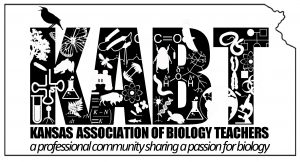Was in my Classroom: A Biotechnology Program
I got some really great news recently: some of my biotech students from last year are insisting that the program live beyond my tenure. The students who persist are not your typical advanced science participants (both were new last year and had zero science training beyond their graduation-required science courses). They found a sense of purpose and belonging and I’m really moved that they are exercising their agency. The program is more than the principle investigator.
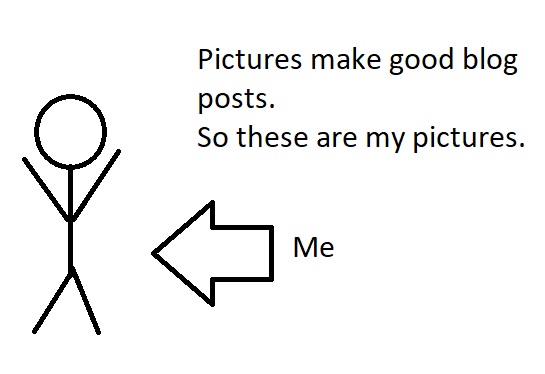
My Report: By Michael Ralph
They have a new sponsor and the question has turned again to, “What the heck is the Biotech program at Olathe East?” This is an open letter to the new sponsor, and I share it here so my debrief can be of value to anyone else considering something weird. Here we go.
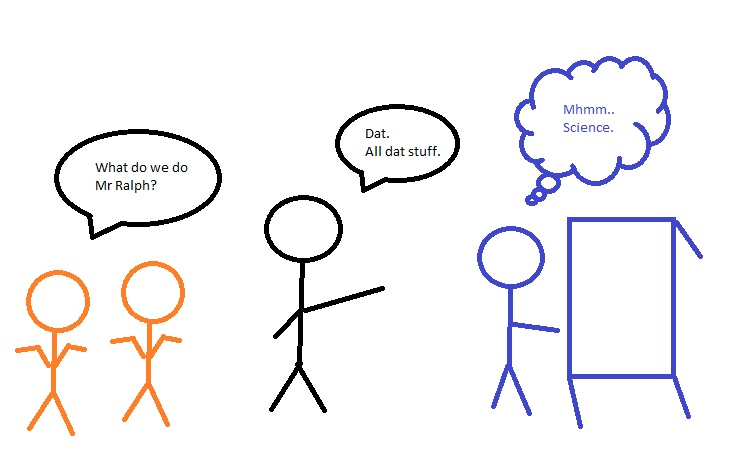
What Would Professionals Do?
Keystone Habit #1: BE a Research Lab
We did everything like a grant-funded university research lab. Every question was, “How do professionals do it? We will do it like that.” There was no pre-planned curriculum. There were no tests. There were no points. One thing matters: the question. Can we get methanotrophs out of there? The joke gets made frequently that, “[some biology topic] could be a whole course right there!” Ha ha, but it won’t be… Well, this was that course. From day one, I assigned new students to help me address my question. Train on taking water samples, learn to cell stain, build me a sensor… we’ve got stuff to do. When they needed chemistry to mix the Nitrate Mineral Medium 2014 (NMM14), we’d stop and learn it. When pressure gradients were needed to understand a sampling design, we’d learn that too. Professionals have meetings, so we had them. Professionals present at conferences, so we did that. Professionals do outreach, so it’s on the calendar. WWPD, all day every day.
When students started to become more comfortable in the space, they invariably start having ideas and asking questions. We’d follow the postdoc model and let them split their time. My veterans of several years would have the freedom and authority to oversee an entire research team. Students specialized and began to follow their own interests, while still having responsibilities to the original investigation.
Take home recommendation: craft your own driving question. It’s got to be really good. Then focus on nothing else.
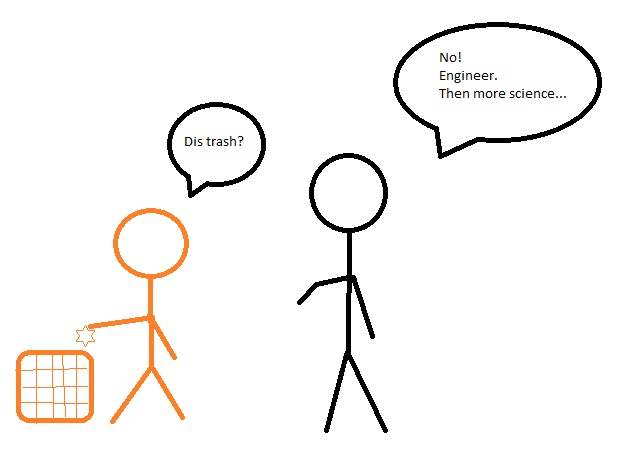
Only one thing I can’t use… a credit card.
Keystone Habit #2: We’re Cheap
Necessity is the driver of innovation. We performed robust biogeochemical analysis with scraps and pennies. Only 1 of our 5 years did we have any dedicated budget (it was in the middle and it went away again). Scrap lumber from theater, scrap electrical from district contractors, spare keyboards from IT, waste planters from horticulture… being efficient scrappers was so ingrained in everyone’s attitude that when we did the final tear down I had to throw many of the items away myself because students could not be convinced anything was trash.
Big flashy equipment is a crutch when students don’t yet understand the fundamental concepts they’re investigating. When you really commit to finding a way, it’s amazing what you can make work. 3D print parts rather than buy them. Leftover dry ice in shipping materials. Creating long-term storage cultures in the freezer rather than reordering. Mixing your own bacterial media instead of pre-made. It makes the program cost-effective and the students see more of what goes into the project. They understand the bacterial medium because they had to make it. Sterilization makes sense because it was a total pain to sterilize that equipment.
Take home recommendation: fancy equipment and protocols are not the point. They take great pictures, but they aren’t science. This stuff is hard and making any arbitrary technique the course focus will obscure what it actually means to learn in a biological research space.
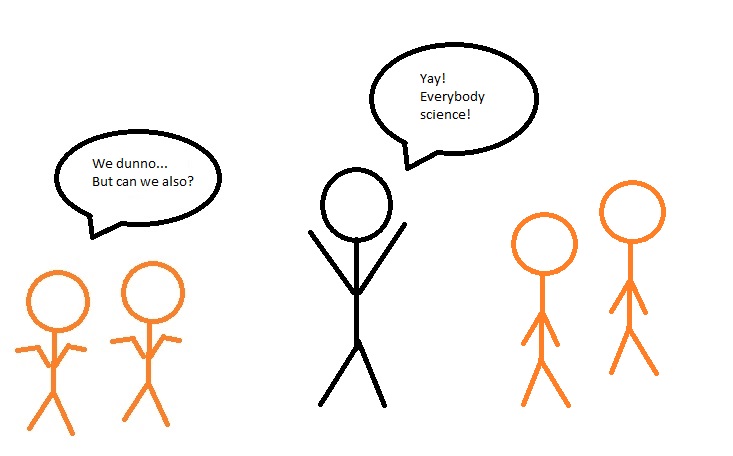
Anyone can help those who can already help themselves.
Keystone Habit #3: We’re Inclusive
A good driving question is both accessible and complex. That means nobody who hasn’t intentionally trained in that area will have strong background knowledge on how to investigate it. The end result is who cares what level of math they’re in?!? AP Biology students know as much about methanotrophy as freshman (in every practical sense). We have a serious exclusion problem in high school science; don’t be a part of that problem. Any student… ANY STUDENT… who is interested and willing to join should be welcomed. I have a litany of “not science students” in my alumni base who made powerful contributions to our project. I had freshman leading research teams, remedial students self-identifying as mycologists, and more.
There are plenty of biotech programs out there, collegiate and high school. They are picturesque spaces with students in lab coats wearing goggles staring intently at test tubes. They burn through budgets and look great on resumes. The problem with these programs is the course has become about the techniques. Put your hands on an electrophoresis chamber. Check. Touch a thermocycler. Check. These are Petri dishes. Moving on. Biotechnology in the industry sense is a highly derivative field that requires expertise in more than a half dozen disciplines. Our high school students are not that. Indeed, the few who can be have boatloads of options for how to pursue enrichment. The world doesn’t really need an expensive, esoteric course to serve the 1 or 2 students a year ready for that kind of work.
Take home recommendation: Get Them All Involved. I’m not saying tolerate distraction, destruction or ineffective behaviors. What I am saying is it’s easy to quibble with the all the other programs about that top 3% of students who will spin gold in any classroom. Instead, find all the other students who just want to do something meaningful… and give them some sweet science to explore.
There’s so much more I think and want to say, but ultimately this post is prompted by students. Let the program be theirs. For that matter let it be yours too. Don’t investigate methanotrophs, find your own thing. Let the students help you decide what that might be. Talk with others in the field when you need help. The putting greens are pleasant, but well-traveled. Get out in the weeds a bit.
And post about it. A very proud former investigator will be following your progress.
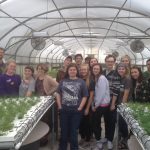 Previous Post
Previous Post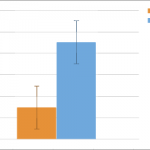 Next Post
Next Post